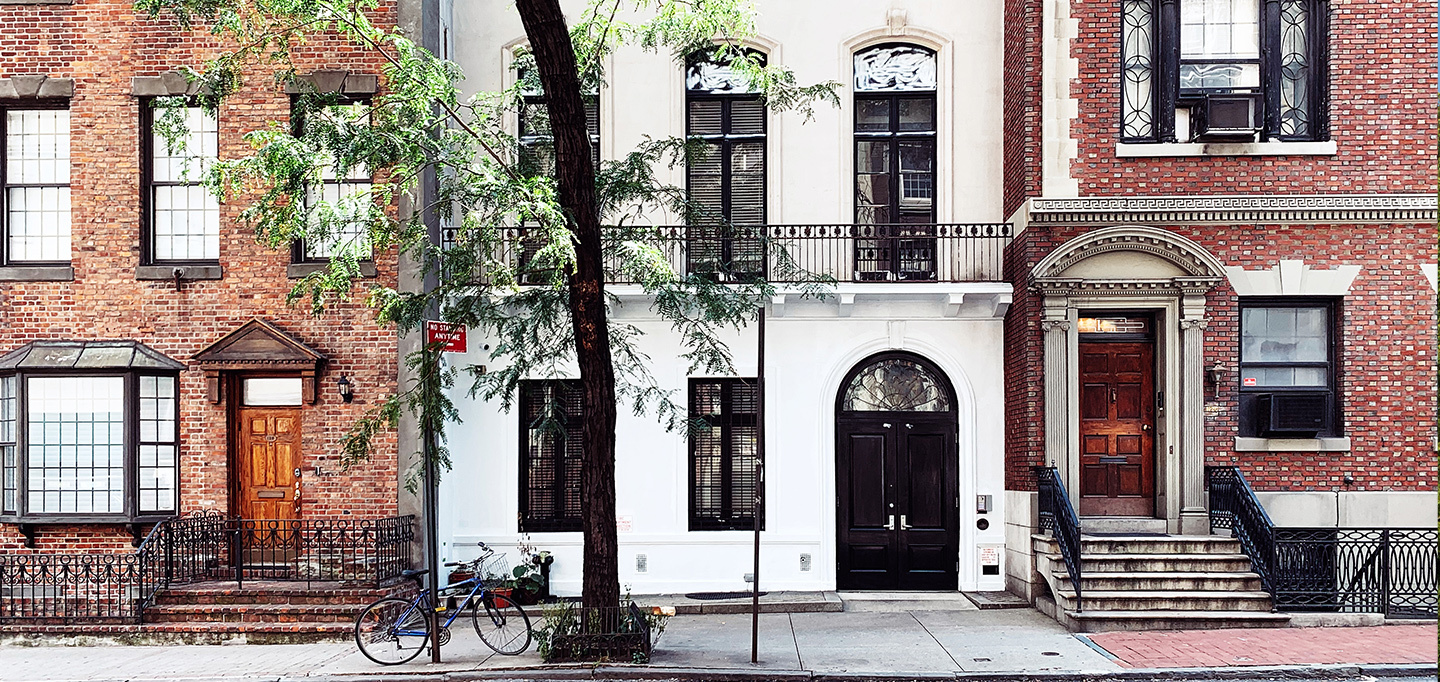Older properties have a certain charm that can appeal to many real estate investors and homeowners alike. However, the reality is they can sometimes come with issues related to their age. Depending on the property, you may not be able to perform an inspection before bidding on and purchasing the property. However, understanding some of the concerns that come with older houses can help you make the right decisions along the way. Here are six things real estate investors should consider when buying an older house.
1. Lead paint
Was the property built before 1978? If so, you may have to deal with residual led paint hiding behind coats of newer paint. Once you close and gain access to the property, you may want to hire a lead inspector to check the house for any lead-based paint remnants. The federal government banned the use of lead paint back in 1978 due to issues stemming from lead poisoning. And for perspective, a report by the EPA found that 86% of homes built before 1980 contained some form of lead-based paint. Whether you decide to live in the property, rent it out or sell it, remember to get the house checked to ensure occupants are well-protected.
2. Insurance costs
Your insurance premiums may be more expensive due to the property’s age, build and adherence to standard building codes. To avoid these higher rates, you’ll likely have to complete various upgrades to prove to the insurance company that the property meets current building standards.
Upgrades that can decrease insurance costs include replacing the roof of the property, ensuring electrical work is running efficiently and installing new plumbing. Compile a list of various upgrades that can decrease insurance costs and check with a professional to see which improvements are best suited for the property. Keep in mind that the state of the home is more important than its age, so completing the necessary work will likely increase its value.
3. Termites
It’s estimated that around 2 billion dollars are spent each year on termite damage. And the worst part is termite damage may be difficult to identify unless you have a keen eye for signs of termite damage. Unfortunately, older properties are most susceptible to termites because water damage over the years can lead to the softening of wood in certain areas. By bringing in termite inspectors that can accurately identify whether termites are present, you can ensure you’re fixing the problem before it gets out of hand.
4. Foundation
A property’s foundation is often overlooked but can be cause for concern if issues aren’t addressed. And due to their age, older homes are usually susceptible to having problems with their foundation. Even a small crack in a home’s foundation can be evidence of a much larger problem underneath. For help in figuring out whether a property has issues with its foundation, check out some of these signs:
● Visible stress around door and window frames
● Uneven floors
● Support beams with cracks
● Doors don’t open or close properly
● Cabinets and counters separated from the wall
5. Historical Society Rules
One area of concern that can catch many investors by surprise is historical society rules that may disallow any major remodeling of the property. These rules exist to ensure older homes retain a certain look and feel that facilitates a level of prestige and authenticity. If you’re thinking of moving into a neighborhood that may be considered historical, check the area’s rules to ensure you understand what you’re getting yourself into.
6. Heat and Air-Conditioning
Heating and cooling systems have always been an area of concern for homeowners, and older homes may be more susceptible to bad ductwork or lack of proper upkeep. If you find that the HVAC system does need replacement, shop around to ensure you’re finding the best possible deal. These systems can often cost thousands of dollars to fix, so it’s best to shop around and look for the best deal. Remember, cheaper may not always be better.
If you are able to tour a property before placing a bid, make sure you keep a lookout for these six things. You may even want to tour the home with a professional contractor that can help spot areas of concern. However, many auction properties may be occupied and won’t allow inspections or even tours before purchase. This means that you may have to deal with some of these items after you close and gain access to the property. Whatever the case may be, it’s important that you do your due diligence prior to placing a bid.
Older properties can still be a great opportunity for investors and those looking for their next home. If you do move forward with the purchase of an older property, addressing the above areas can help save you from any headaches down the line.
Looking for your next home? Start browsing properties near you by clicking here.









